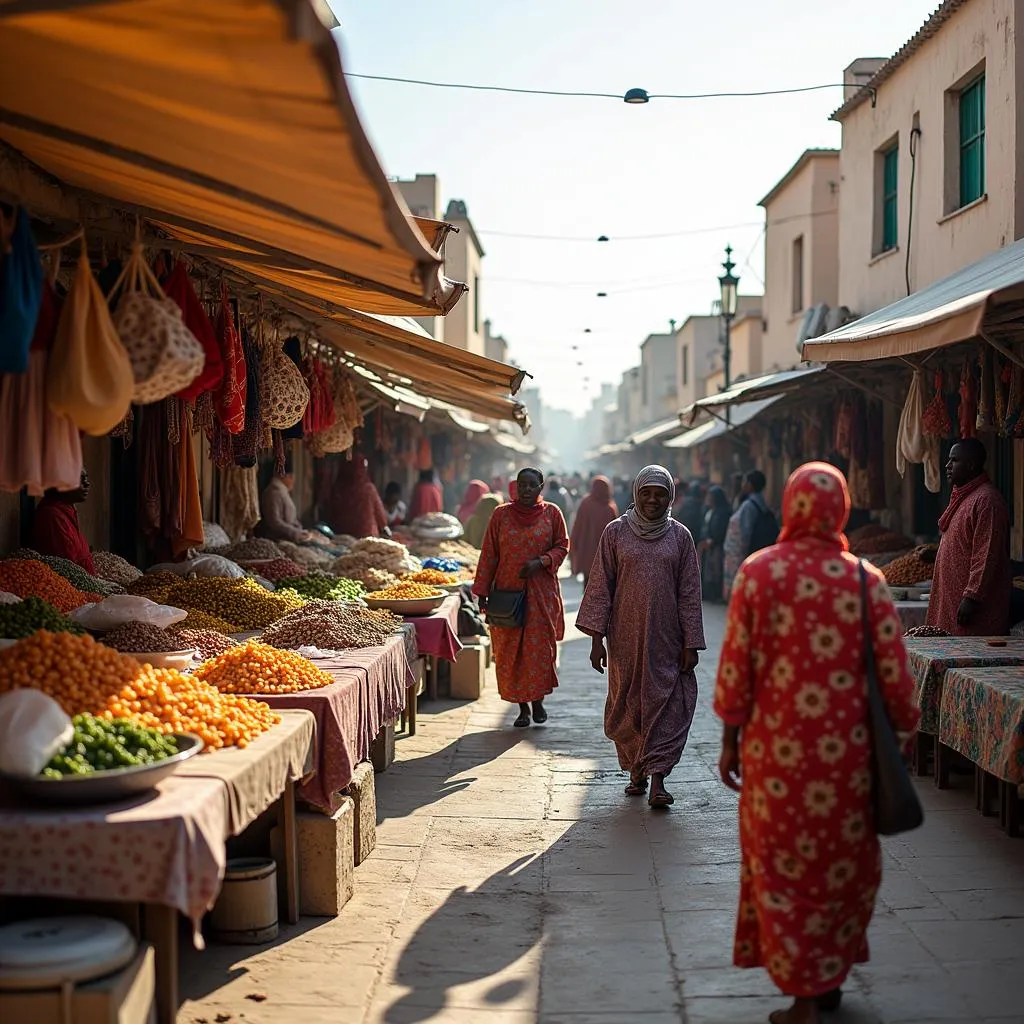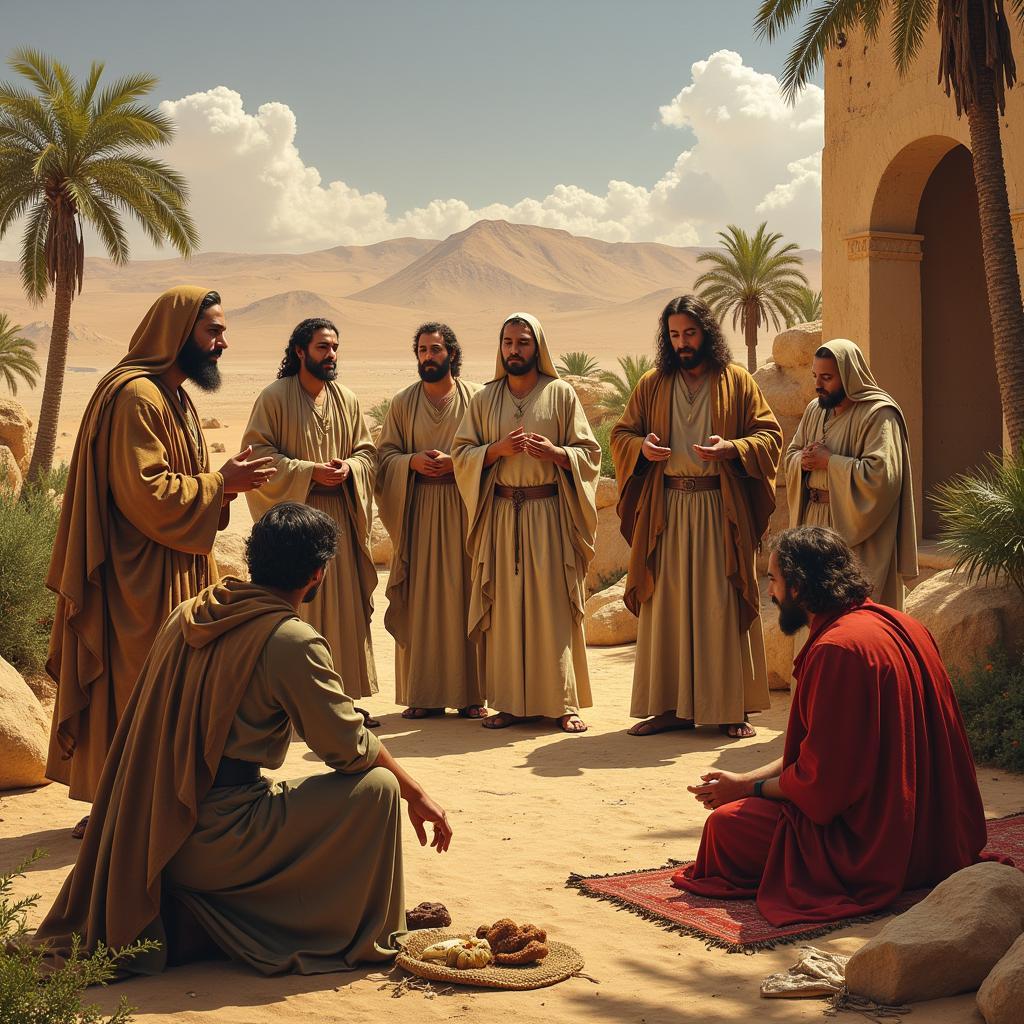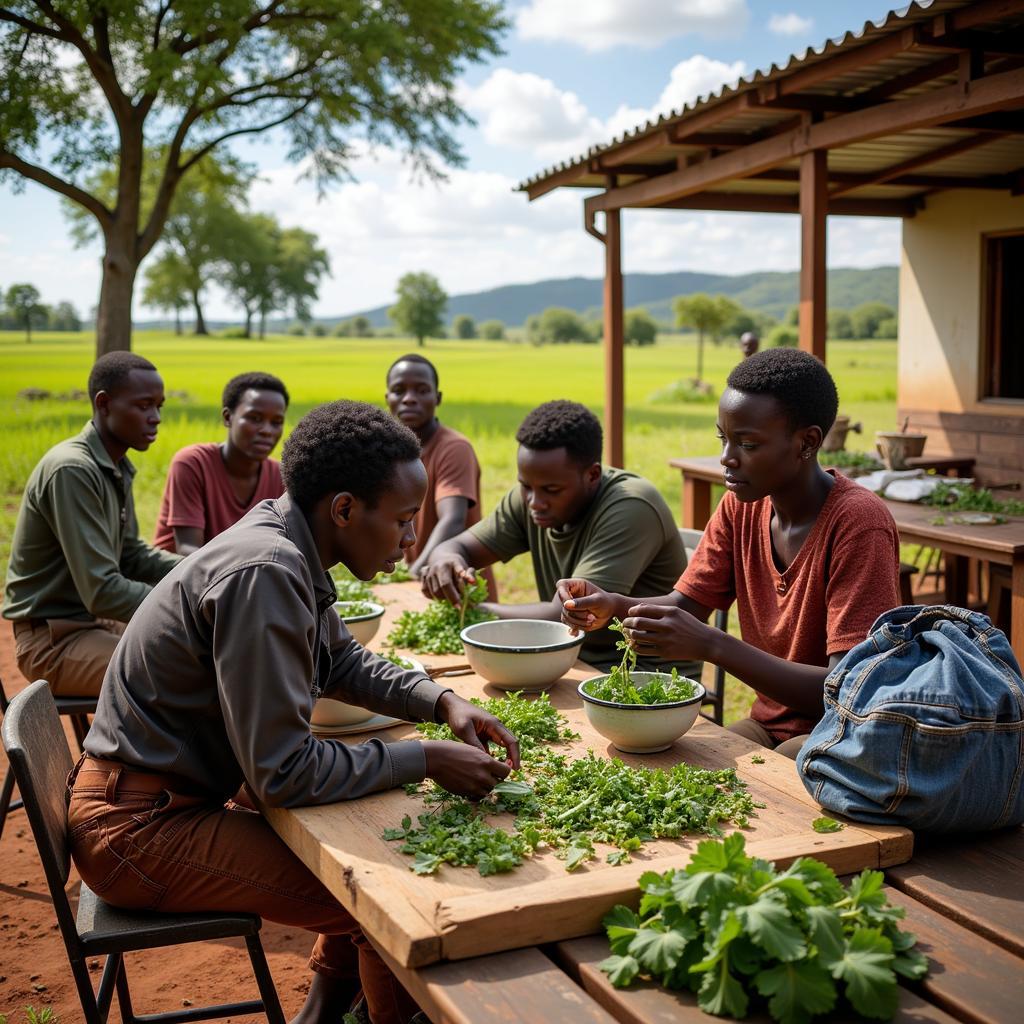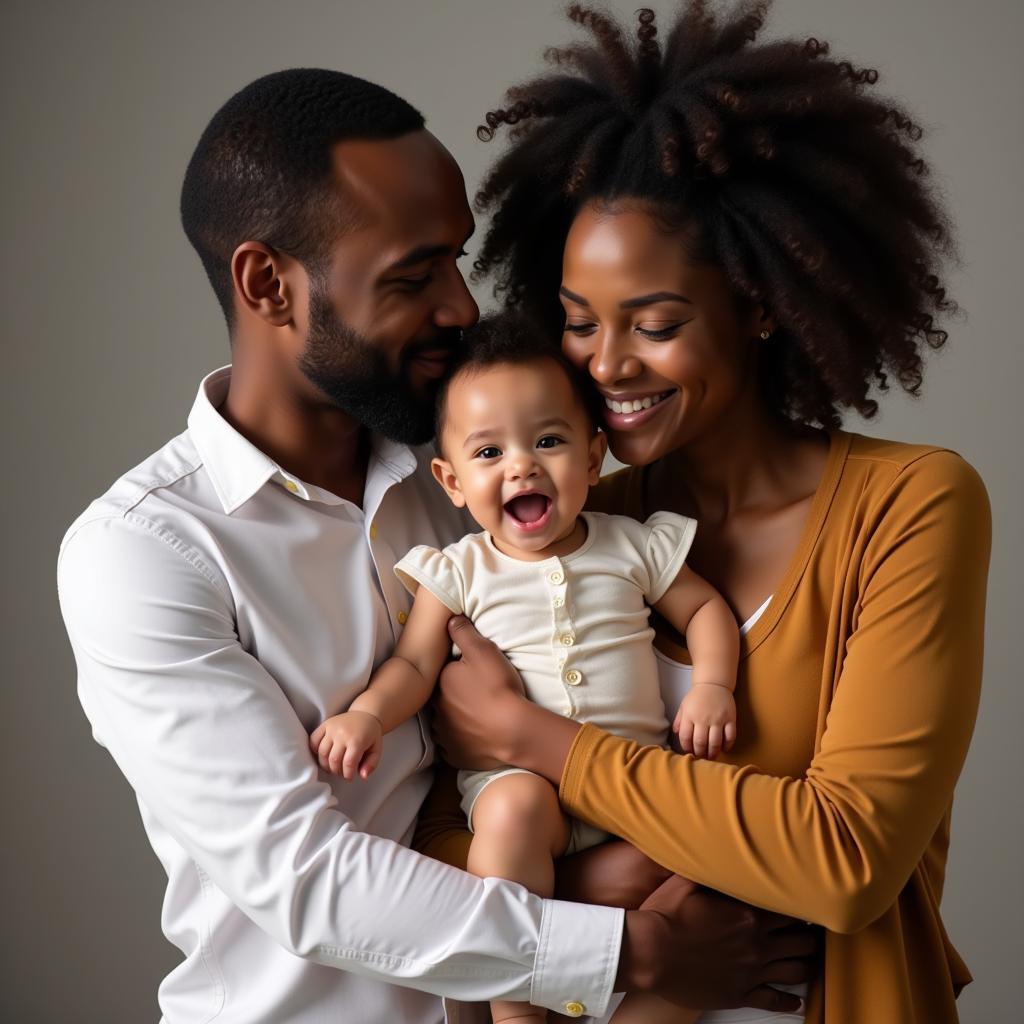A Comprehensive List of African Ceremonies: Exploring the Rich Cultural Tapestry of the Continent
Africa, a continent of diverse cultures, traditions, and vibrant life, is home to a rich array of ceremonies that encapsulate its history, beliefs, and values. These ceremonies are not just events; they are expressions of community, faith, and the deep connection between people and the land. This article explores a comprehensive list of African ceremonies, providing insights into their significance, rituals, and the cultural tapestry they weave across the continent.
Unveiling the Essence of African Ceremonies
African ceremonies are deeply embedded in the cultural fabric of the continent, serving as a cornerstone of societal structure and spiritual expression. They encompass a vast range of events, each with its own unique meaning and purpose. Some ceremonies celebrate life events like birth, marriage, and death, while others focus on agricultural cycles, religious observances, or ancestral veneration.
These ceremonies offer a window into the diverse cultural nuances of Africa, showcasing the interconnectedness of people, nature, and the spiritual realm.
A Glimpse into the Variety of African Ceremonies
1. Initiation Rites:
Initiation ceremonies mark the transition from childhood to adulthood, often involving rigorous trials and rituals that impart knowledge, wisdom, and responsibilities. They symbolize the acceptance of adulthood and the individual’s role within their community.
“Initiation rites are a critical part of our culture, ensuring that young people are prepared to take their place in society,” says Dr. Amina Omar, Professor of Anthropology at the University of Dar es Salaam.
2. Marriage Ceremonies:
Marriage ceremonies in Africa vary widely across different regions and ethnic groups, often blending ancient traditions with modern influences. They typically involve elaborate rituals, exchange of gifts, and blessings from elders and ancestors.
3. Funeral Ceremonies:
Funeral ceremonies in Africa often involve elaborate displays of grief, mourning rituals, and remembrance of the deceased. They highlight the importance of family ties and the continuity of life beyond death.
4. Harvest Festivals:
Harvest festivals are a joyous celebration of the agricultural bounty, expressing gratitude to the ancestors and the forces of nature for a successful harvest. They typically involve music, dance, feasting, and communal sharing of the harvest.
5. Religious Festivals:
Africa is home to a diverse range of religions, each with its own unique festivals and rituals. These festivals often involve spiritual purification, offerings to deities, and communal celebrations of faith.
The Significance of African Ceremonies in Modern Times
While African ceremonies are deeply rooted in tradition, they remain vital in the modern world. They serve as a powerful reminder of cultural heritage, fostering a sense of community and preserving cultural identity in the face of modernization.
These ceremonies offer a platform for intergenerational dialogue, passing down knowledge and values to future generations.
Exploring Further: Unveiling the Rich Tapestry of African Culture
This list merely scratches the surface of the diverse range of African ceremonies. To truly appreciate the cultural richness of the continent, one must delve deeper into the specific ceremonies of different ethnic groups and regions. Researching online resources, attending cultural events, and engaging with local communities are all invaluable ways to deepen your understanding and appreciation of this vibrant aspect of African Life.
FAQ
Q: What is the purpose of African ceremonies?
A: African ceremonies serve a multitude of purposes, including celebrating life events, honoring ancestors, marking transitions, and seeking guidance from the spiritual realm.
Q: Are African ceremonies still practiced today?
A: Yes, African ceremonies remain a vital part of cultural life in many communities across the continent.
Q: What are some of the most common African ceremonies?
A: Some of the most common African ceremonies include initiation rites, marriage ceremonies, funeral ceremonies, harvest festivals, and religious festivals.
Q: How can I learn more about African ceremonies?
A: You can learn more about African ceremonies by researching online resources, attending cultural events, and engaging with local communities.
Q: What are some examples of specific African ceremonies?
A: Examples include the Masai circumcision ceremonies in Kenya, the Yoruba masquerades in Nigeria, and the Ashanti Akwasidae festival in Ghana.
Q: Are African ceremonies important to cultural preservation?
A: Yes, African ceremonies are crucial for cultural preservation, as they transmit knowledge, values, and traditions across generations.
Q: How do African ceremonies differ from one another?
A: African ceremonies differ in their specific rituals, symbolism, and cultural context, reflecting the diverse traditions and beliefs of the continent’s many ethnic groups.
Q: How can I experience African ceremonies firsthand?
A: You can experience African ceremonies firsthand by traveling to different parts of the continent, attending cultural festivals, and engaging with local communities.



